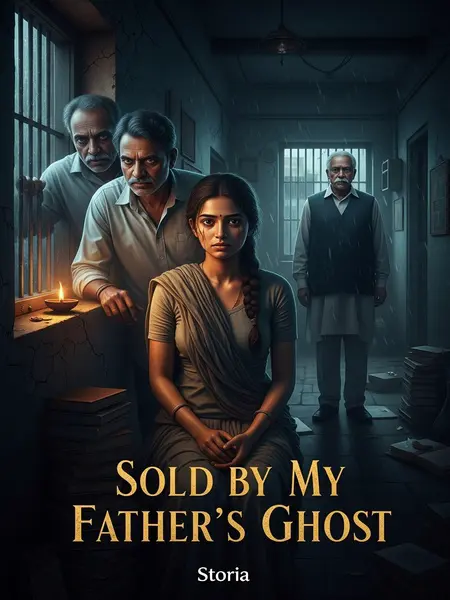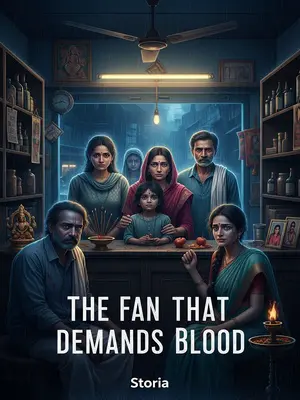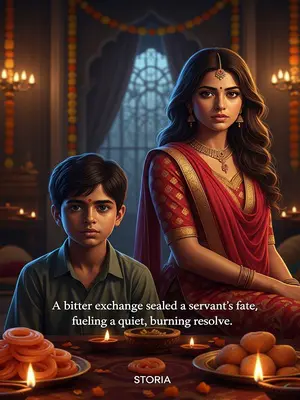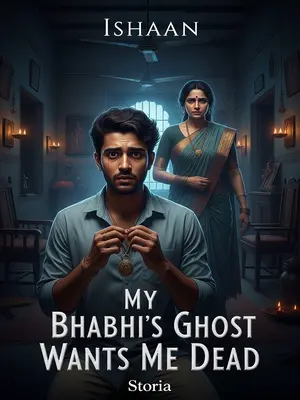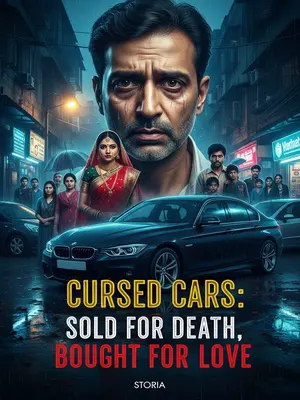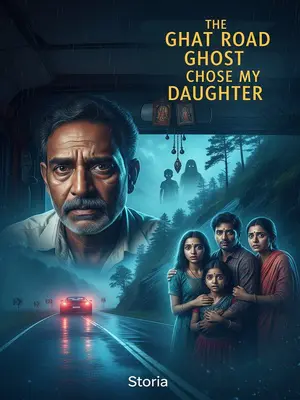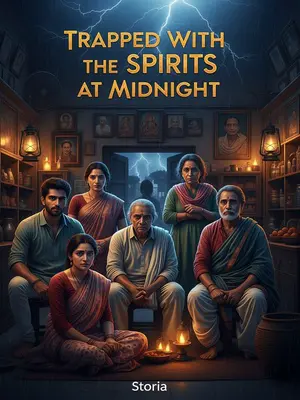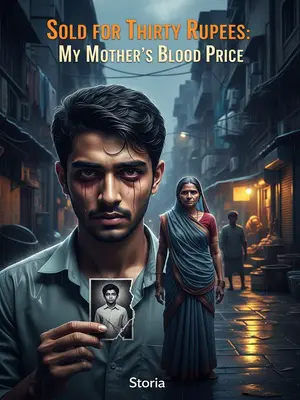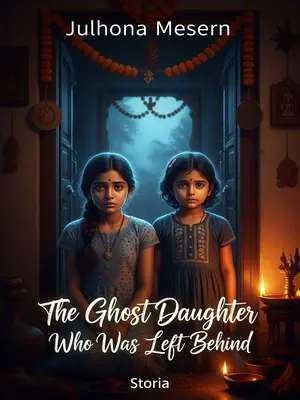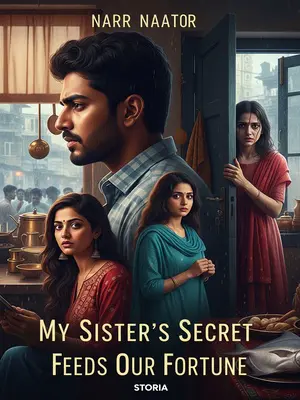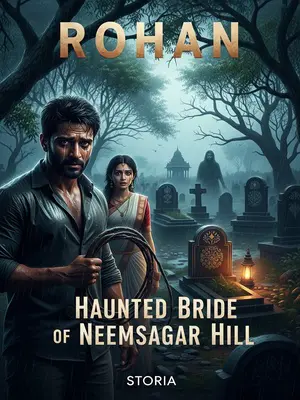Chapter 2: Hunger, Hope, and the Spirit's Antics
Father came back to life.
His bony frame sprawled on the rickety charpai in the corner of our cramped house, he croaked, “Beta, what’s for dinner tonight?”
His voice was hoarse, raspy, echoing in the shadows like the spirits people whisper about after midnight, when power cuts and candlelight turn stories into reality. A shiver ran down my spine.
I stared at him, wary, not daring to reply.
My feet were rooted to the cold mud floor, eyes wide as the flickering lantern flame. I gripped the end of my faded kurta, heart pounding with dread. Since Amma died, I’d never felt so alone or afraid.
Father had clearly stopped breathing and died.
His eyes had closed, neighbours had gathered, the priest was called. The house was thick with agarbatti smoke and grief. I remembered tying the sacred thread around his wrist, neighbours murmuring prayers for his peaceful journey. The man before me now—he was something else.
Before he died, he’d told me to go to Mumbai and find my sister, who worked as a maid.
His voice had been faint but determined: “Look for her at the big house on Dadar Road, where the white Ambassador always stands. She’ll take care of you.” Even as his breath faded, his last worry was my future, the sorrow in his eyes deeper than the Ganga at Prayagraj.
No doubt—a wandering spirit had borrowed his body to return.
In our village, everyone knows such stories—restless souls returning to settle unfinished business. Ma’s warning echoed in my mind: 'Never talk to those who come back after going.'
If I answered, he’d probably swallow me whole.
So I kept my lips tightly shut, watching him from the corner of my eye. I recalled what elders always said: never look a spirit in the eye, never show your fear.
That night, our stomachs took turns growling, making a racket.
The roof creaked, rats scurried above, and our empty bellies sang a sad duet. Even the stray dogs outside howled more than usual, as if sensing something unnatural. I lay awake, hugging my knees, praying for dawn to break this nightmare.
Two days later, the wandering spirit’s powers seemed strong, as if he could command some hidden force.
The very air in the house felt charged. There was a new energy in him—eyes brighter, steps lighter. Neighbours whispered about how my father was walking again, hale and hearty, as if blessed by the gods themselves.
My real father’s frail body was actually healed by him.
The cough that haunted him vanished. The stoop in his back was gone, replaced by a straightness I’d never seen. His skin almost glowed in the lamplight, like the saints in the calendar posters above our door.
His back straightened, making him look taller than before.
It was unsettling. When he stood at the door, nearly brushing the top, the neighbourhood kids paused their gilli-danda and stared. Aunties gossiped, “Arrey, dekho! Kya bada puja kar liya hai, kya?”
He walked over to the table, poking through the wild saag curry I made.
He prodded it with a bent spoon, wrinkling his nose, sniffing like he hoped to find hidden treasure but only found disappointment.
“Beta, yeh saag toh gaay bhi na khaye!”
He said it so matter-of-factly, I almost laughed. But there was something off about his tone—too familiar, too strange.
I caught the odd phrasing immediately.
“Where’s ‘where you come from’?”
I asked quietly, suspicion in my voice. Was he talking about the afterlife or some other place entirely? No one in our basti talked like that.
The afterlife?
I pictured a smoky tea stall in the next world, old spirits complaining about bad food, Yama ji behind the counter. I bit back a nervous grin.
If he eats so well, can he really be an evil spirit?
Who would bother about saag curry if not truly hungry? I watched him chew, half-expecting him to reveal fangs, but he only muttered about the lack of taste.
Sigh, Father and Mother never wronged anyone. May they eat and dress well after death too.
I folded my hands, whispering a little prayer for both their souls: may the gods grant them peace and a full plate, wherever they are. Sometimes, all we have is hope.
